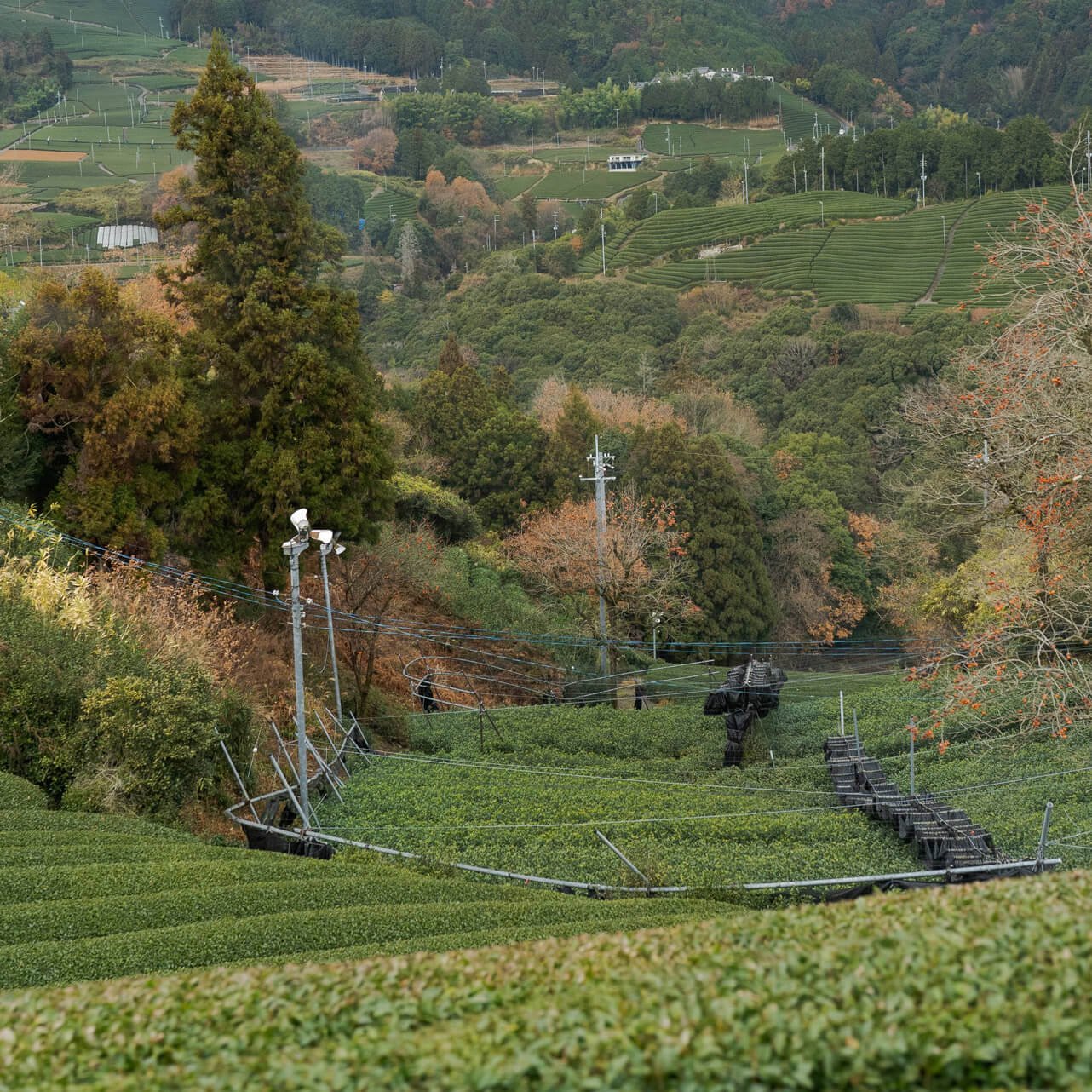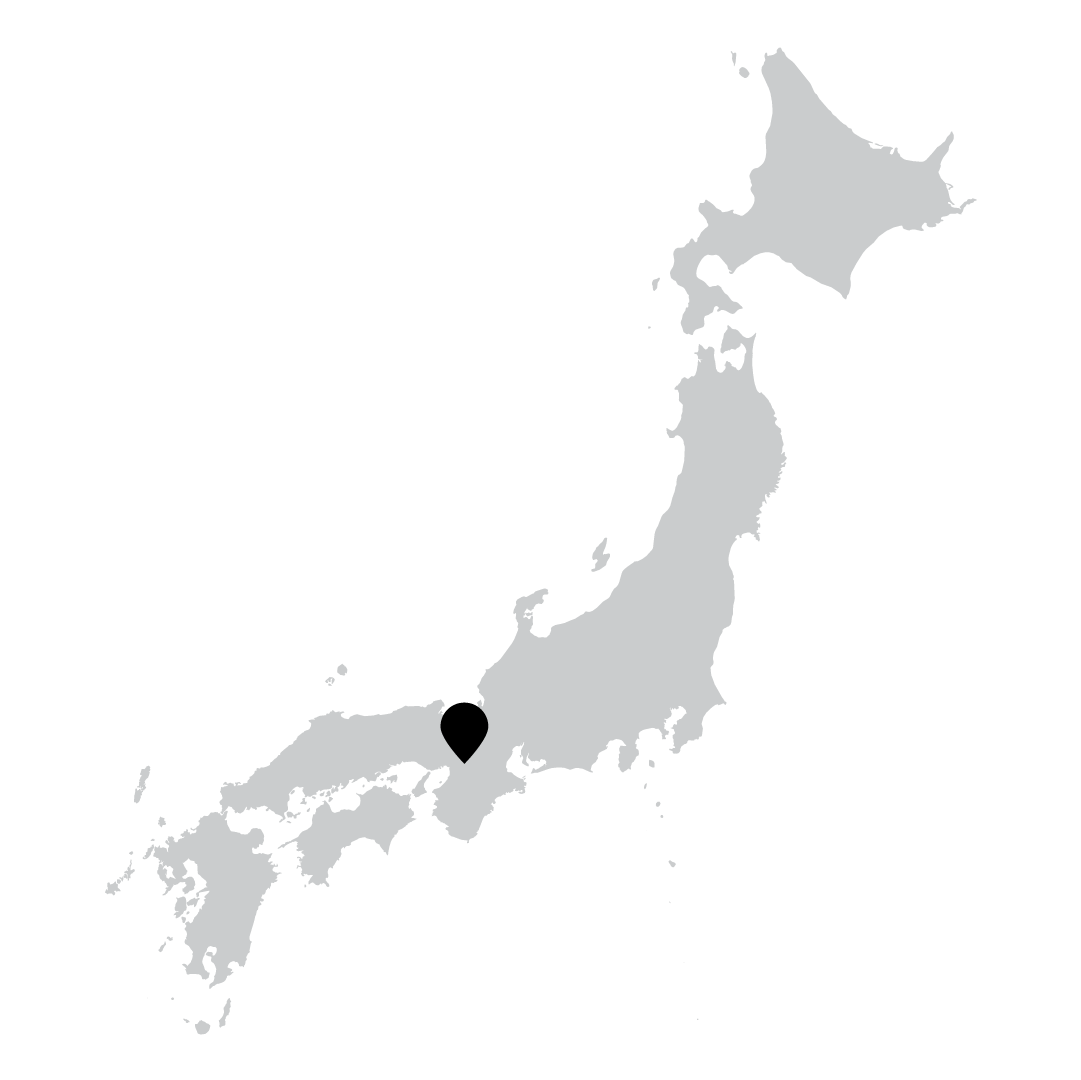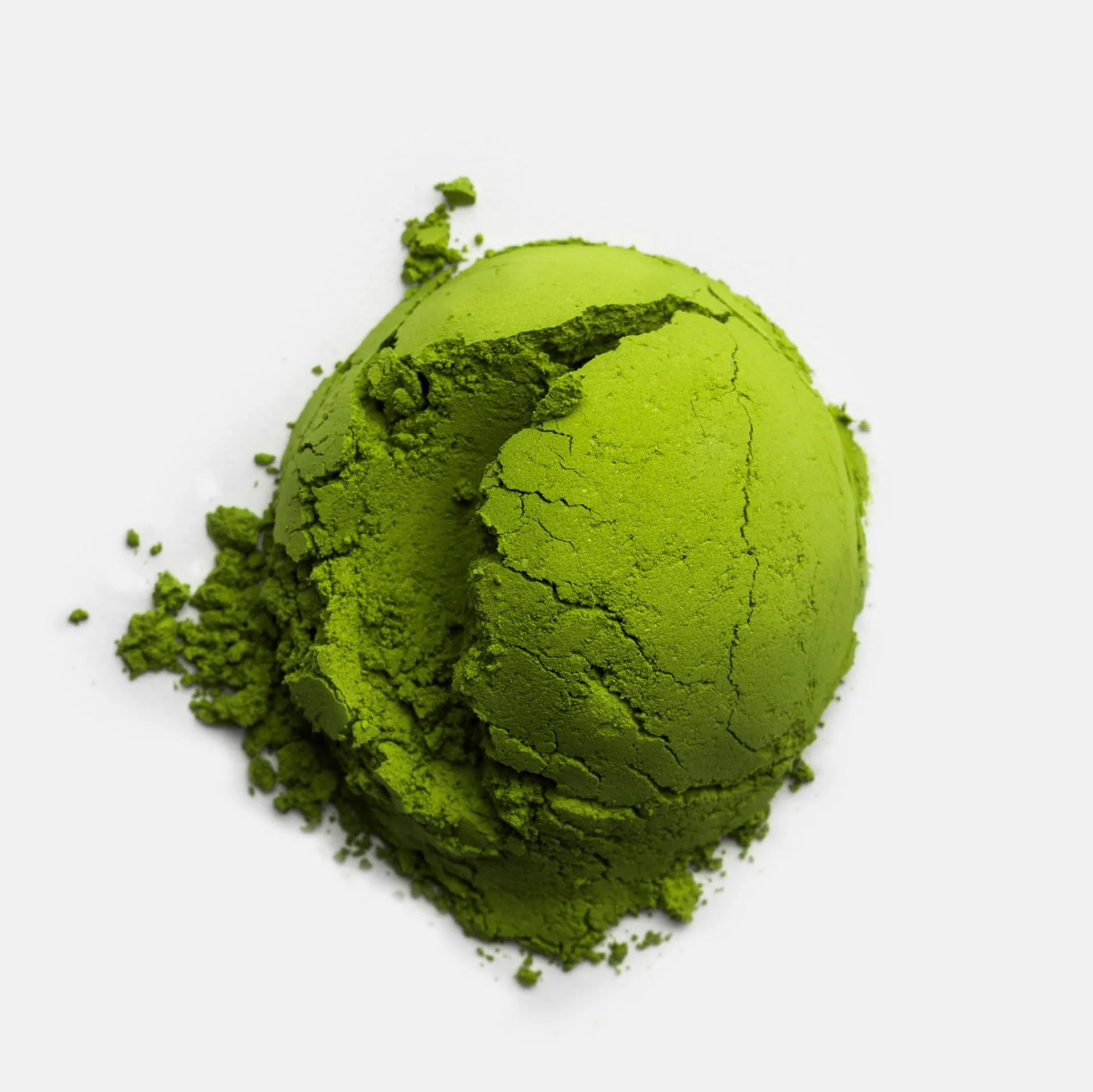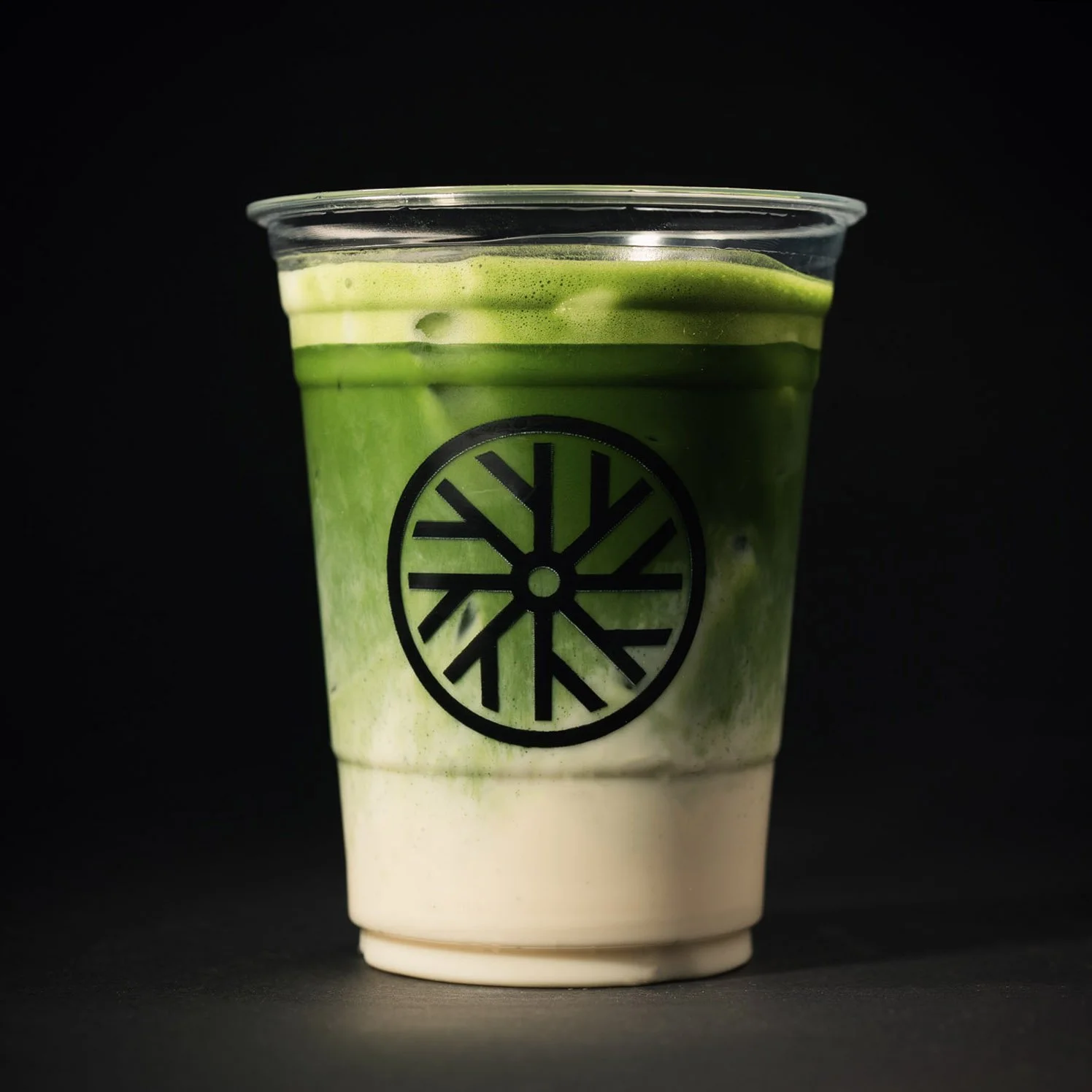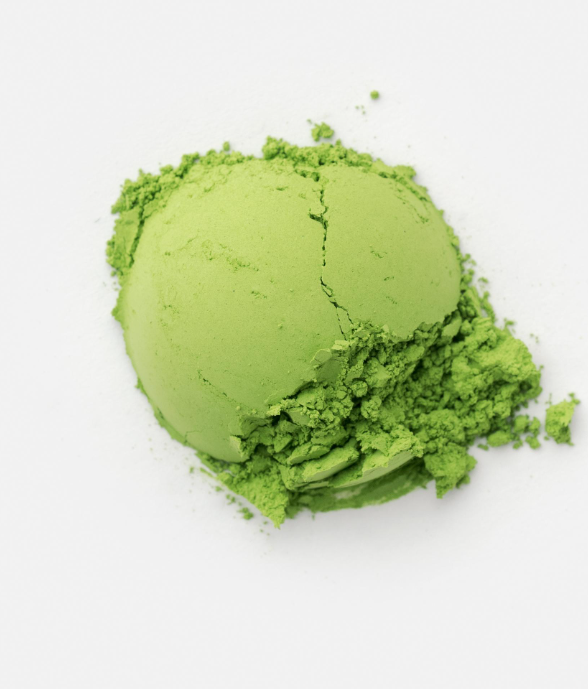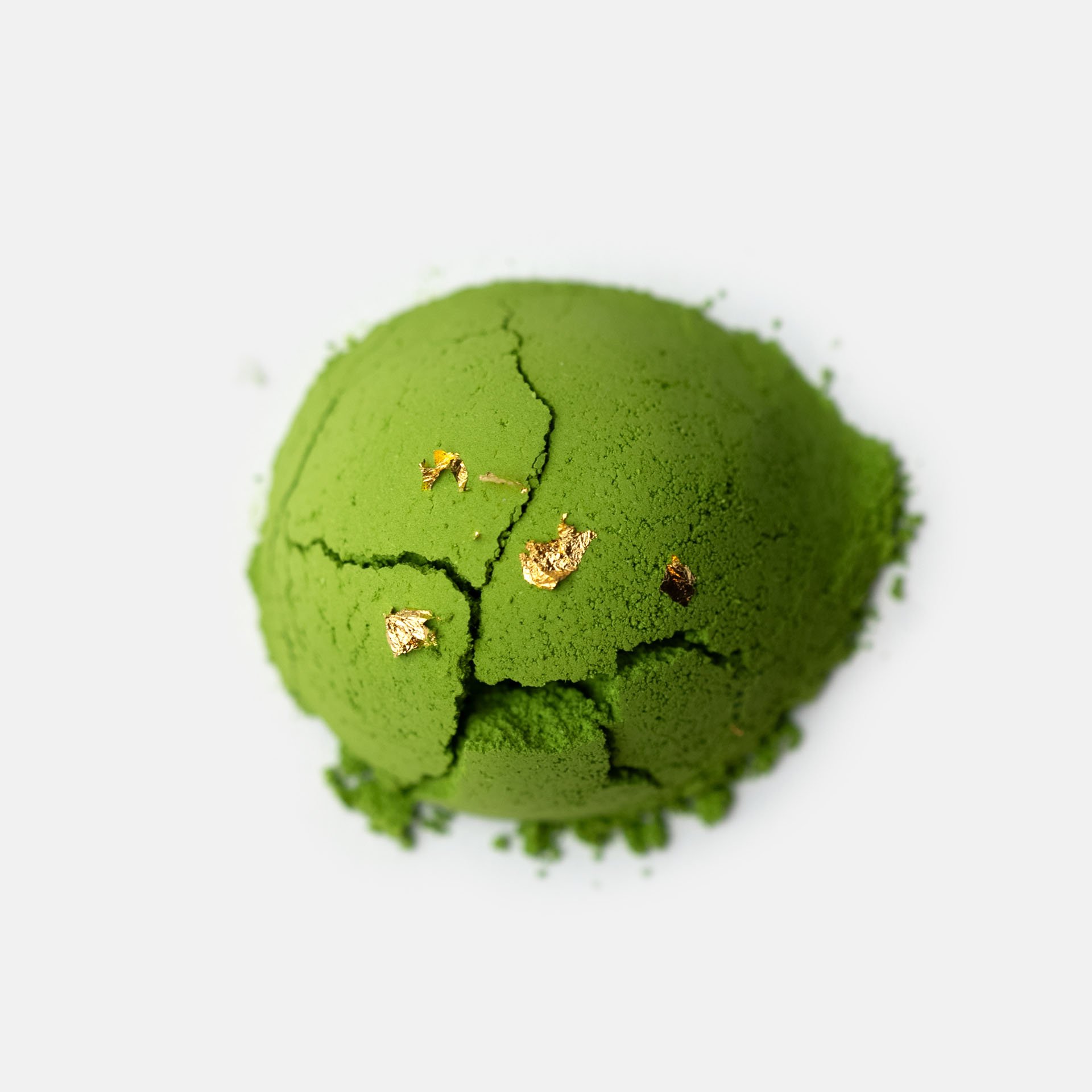About this Matcha
Toasted grain aroma with a pleasing natural green hue that foams into light mossy green peaks. Chaotic in nature, shifting from a cold puckering bitterness in the center of the tongue to a rounded back. Kinako and bitter gourd. Tahini-evoking, hidden under the foliage of green fields of abundant wildlife. Thick and molasses. Opens into an aromatic floral bouquet on the finish.
Wild (Zairai) Matcha is exceptionally rare. Today, effectively all commercially-produced Japanese tea is made from cultivars. Less than 2% of all tea in Japan is from wild, seed-grown tea. When it comes to Matcha, Zairai (Wild) is almost unheard of. Ooika was able to commission some to be made from our farmer and friend Morisakiさん of Wazuka, Japan.
While this tea is not ideal for beginners as it has a high degree of bitterness, it will allow you to get a sense of the past centuries of Matcha… Back when all Matcha was made from wild plants – and embraced the unpredictability of mother nature.
-
To make a fresh and smooth bowl of Usucha or Koicha, follow our whisking instructions.
-
Long-term Storage: Store unopened Ooika Matcha in the refrigerator. Consume within 6 months.
Room-Temp Short-term Storage: Store opened Ooika Matcha in a cool, dark place away from sunlight. Consume within 3 months.
Refrigerator Short-term Storage: Opened Matcha can be stored in the refrigerator to help maintain freshness, however, the Matcha is at risk of condensation when cooler than ambient air. For this reason, if you choose to store an opened Matcha in the refrigerator, be sure to take the Matcha you need and then immediately place it back in the refrigerator to minimize exposure to the warm air.
Ochairinikki (御茶入日記)
Category Green tea (お茶) |
Subcategory Oishitacha (おおいしたちゃ) |
Cultivar Wild Zairai (在来) |
Producer Morisakiさん |
Terroir Wazuka, Kyoto, Japan |
Vintage 2024 |
Harvest Time Single Spring Harvest (一番茶) |
Harvest Method Sentei Ki (剪定機) |
Shading Style Jikabuse (じかぶせ) |
Shading Duration 20 days |
Milling Ishi-Usu (石臼) Stone-Milled by Ooika |
Packaging Cold-stored, oxygen-free bag |
Visit the Farm
OOIKA MATCHA leads the industry with the most precise souring details and transparency. Let’s visit Morisakiさん’s farm and see where this Matcha comes from.
Sourcing Details
Cultivar Details
Zairai (在来)
Zairai (在来) is a term for tea bushes grown from seeds, rather than from clippings (which are cultivar clones.) Zairai (在来) is highly unusual for Japanese tea—especially so for Matcha. There are a few reasons why:
First, Zairai (在来) bushes are chaotic and unpredictable. Farmers cannot estimate the correct harvest time, unlike clones, which are consistent from season to season. Being genetically individual, the Zairai (在来) will have different aromas, flavors, yields, and properties.
The primary goal of most Matcha manufacturers, excluding the rather unconventional Ooika, is to ensure that a Matcha blend will taste the same from year to year. This is a task made impossible with wild-grown Zairai (在来) bushes.
The result is Zairai are usually only kept out of the sentimentality of the farmers who keep them, rather than for large-scale economic reasons.
Ooika’s relationship with Morisakiさん has allowed us to commission some wild Zairai bushes on his property to be turned into Tencha (unground Matcha), which we have stone-mill into Matcha in the USA.
Producer Details
Morisakiさん
Tokyo-born, IT/Environmental engineer turned tea farmer, Morisakiさん.
Many of the native tea plants, known as Zairai (在来) in his garden are over a century old.
This is very uncommon, as old bush trees produce less tea, and are less attractive on the commercial market.
Morisakiさん protects them, giving us access to the wild authenticity of the land.
Region Details
Wazuka, Kyoto
Wazuka is a small village south of the Yamashiro region, Kyoto Prefecture. The prefecture, once home to the capital of Japan before the Meiji Restoration, is still one of its most important cultural and traditional cores. Its ties to Matcha find many of its roots inside the prefecture, from temples like Daitokuji or the now-expansive city of Uji, where tea cultivation and its aesthetic practice have lived for centuries.
The Yamashiro region holds most of the producing areas in the prefecture, which also is home to the famous Uji city, where most of the tea produced in the prefecture gets processed and sold under one of the most recognizable tea brands in Japan, the Ujicha 宇治茶 brand. The biggest producer in the prefecture is Wazuka, nestled in the valley’s southern valleys of the Yamashiro region.
Wazuka, recognized in 2013 as one of the most beautiful villages in Japan, is renowned for its tea production. Although it is a well-known area among tea professionals and aficionados, it remains rather unknown even to some locals in the prefecture. The village is situated in a stretched valley leading to the Kizu River and began producing tea during the Kamakura period.
Wazuka is home to approximately 550 hectares of cultivated tea land, which is primarily found on its many steep slopes. The few flat areas are reserved for rice paddies and village buildings. Once a center for Sencha production, Wazuka has become a powerhouse for Tencha since the Meiji period and the subsequent development of Uji city, which pushed tea production to other areas of the prefecture.




